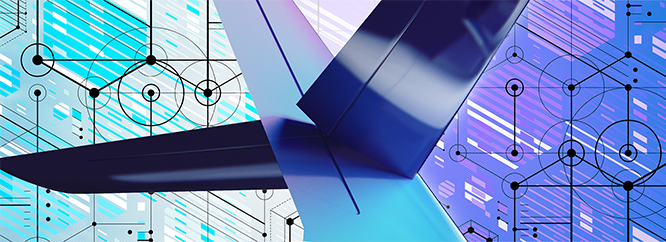
Volume
20
Issue
3
Abstract
The Wright brothers, it must be conceded, were the first to fly a powered, heavier-than-air machine in sustained flight and under control. To deny them this rightful distinction is to willfully ignore fact (Hayward, 1912). Their contributions to aviation are innumerable, and without their insight, man may have been years awaiting what they accomplished in 1903. The Wrights' status as first in flight notwithstanding, their treatment of the issues surrounding the patent which was taken on their aircraft was harmful to the progress of aviation in the years following their success at Kitty Hawk. To claim that they owed the world the whole of their invention, and by extension, the profits arising from it, is unreasonable; but to suppose that in pursuit of their rightful gains, they would not impede any other from pursuing experimentation and improvement of aircraft is an expectation that is difficult to argue. In litigating against all those they deemed infringers upon their basic ideas, the Wrights forestalled what may well have been more collaborative and productive progress in aircraft design.
Scholarly Commons Citation
Goodheart, B. J.
(2011).
The Wright Patent Lawsuit: Reflections on the Impact on American Aviation.
Journal of Aviation/Aerospace Education & Research, 20(3).
DOI: https://doi.org/10.58940/2329-258X.1643

